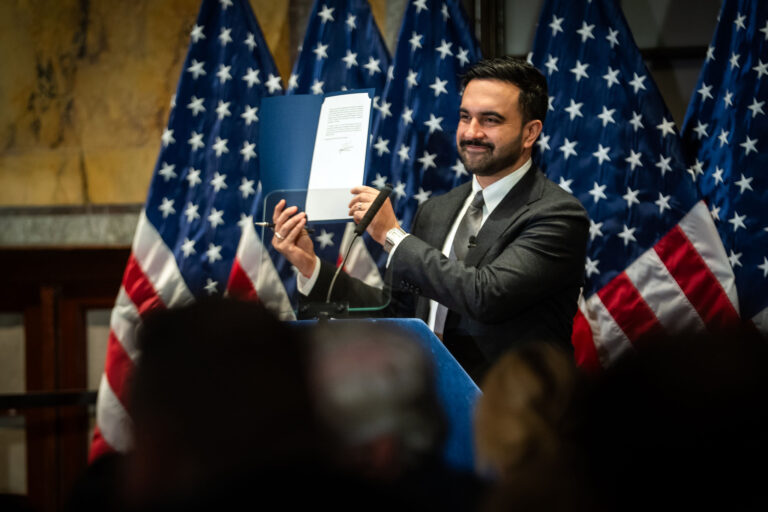 New rules designed to protect credit card users from “unreasonable late payment and other penalty fees” come into force Sunday as a result of the Wall Street reform bill.
New rules designed to protect credit card users from “unreasonable late payment and other penalty fees” come into force Sunday as a result of the Wall Street reform bill.
The rules block credit card companies from charging more than $25 for late payments except in extreme circumstances, prevent them from charging customers for not using their cards, and requires them to reconsider rate increases imposed since January 1, 2009, according to the Federal Reserve, which approved the regulations.
They are the final provisions of federal legislation that placed new restrictions on credit card interest rates and fees, completing the most comprehensive overhaul of the credit card industry in history.
The Fed’s rules could result in lower interest rates for consumers.
Banks will have to reduce rates if the reasons for increases imposed in the last 20 months no longer exist, and regulators will review and enforce such cuts.
Consumers will most immediately notice the new penalty fee limit of $25. Reducing penalty fees was a central provision of the credit card law, but Congress left it to the Fed to determine how to do it.
The Fed leaves room for larger penalty fees to be charged if a consumer has shown a pattern of “repeated” violations or if a card issuer can show that a higher fee reasonably offsets its own costs in dealing with the violation that spurred the penalty.
Among other new rules, penalty fees can’t exceed the dollar amount incurred by the consumer’s violation that spurred the fee.
For example, if a customer is late making a $20 minimum payment, the fee can’t exceed $20. A consumer who exceeds her credit limit by $5 cannot be charged an over-the-limit fee of more than $5.
Consumers will no longer face multiple penalty fees if the violation was based on a single late payment.
The provisions, which were announced in June, complement previous rules of the 2009 credit card law that are already in effect.
Starting in February, issuers were prohibited from hiking interest rates on existing balances as long as customers paid their bills on time. They also have to notify customers at least 45 days in advance of interest rate increases and most fee changes.
(Read More: CNN)











One Response
What’s so good about these new laws? There’s no such thing as a free lunch.
Do you have a free checking account?
Does your credit card charge you a monthly or yearly charge?
Are you getting 1 to 5 percent cash back? Or points?
All this will change soon.
Why would a bank or credit co. give you something for free? Why should they give you a free checking account? Do you keep $100,000 on a daily bases that they can lend out for interest? Why should they process your checks and pay for their tellers for free?
Why would anyone give you free credit? $5000-$10,000+ a month?
Those eeevvviiilll need to make money on order for them to continue to offer there products. Lowering interest rates and fees will mean lower income for the banks.
Think about it.